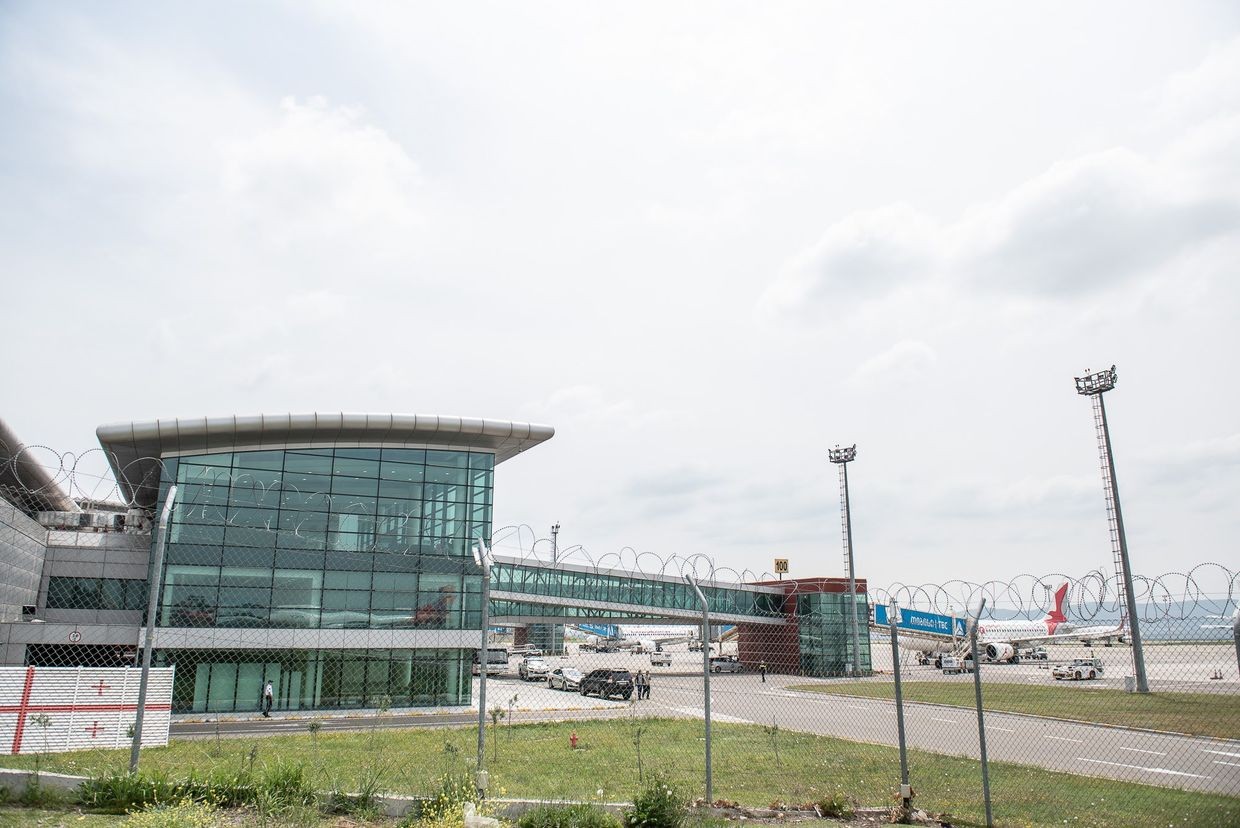
The Georgian Parliament has approved a legislative package of amendments that mainly concern foreigners who commit crimes or overstay, as well as the procedure for obtaining asylum.
The legislative package of amendments concerning international protection, authored by the Ministry of Internal Affairs, was unanimously adopted on Thursday. Alongside other laws, the amendments also affected the criminal code and the code of administrative offences.
According to the amendments, a new type of punishment will be added to the Georgian criminal code, requiring the expulsion of a foreigner from Georgia and a ban on entry into Georgia for a specific period of time. Similarly, a new administrative penalty will be introduced in the code of administrative offences, featuring the same punishment.
Deportation of foreigners is foreseen for a period of two to ten years for minor criminal offences, and for five to twenty years or indefinitely for serious and especially serious crimes. Under the newly adopted law, the decision on deportation will be made by the court.
As for administrative offenses, the period of deportation ranges from six months to five years. For example, deportation for a period of up to three years is allowed for petty hooliganism, disobedience to the Georgian police, and insulting an officeholder. These articles are frequently used to arrest and fine government critics in Georgia. In administrative matters too, the court will be required to make the decision.
Both the amendments to the criminal and administrative codes specify that deportation shall not be applied to foreigners when they are deported to a country where they are persecuted, including for their political beliefs, as well as for reasons related to peacekeeping, ‘progressive social and political’ activities, scientific and creative work. The risk of life and health or potential torture are among the exceptions as well.
In addition, the amendments will increase fines for foreigners who violate the rules of stay in the country, while the procedure for deporting foreigners residing illegally in Georgia will be simplified.
According to the ministry, the proposed amendments will also introduce a new mechanism under which, ‘in cases where a foreigner’s entry into the country poses a threat to national security, their asylum application will be reviewed at the Georgian state border without allowing them to enter the territory’.
Among the amendments, the ministry also highlighted the reduction of deadlines for reviewing and appealing asylum applications, as well as the restriction of residence permits for foreigners against whom deportation proceedings have been initiated or a decision to deport from Georgia has been made.
The ministry previously stated that the amendments were prepared to ‘improve the fight against illegal migration and refine regulations related to the granting of asylum’.
They additionally claimed that the legislation was developed with the directives of the European Parliament and Council.
Some of the legislative amendments will enter into force upon publication, while others take effect in the fall of 2025 — including the changes to the Administrative and Criminal Codes, coming into effect on 1 October.
Currently, citizens from over 90 countries receive visa-free entry to Georgia for a period of one year, which resets every time one leaves the country and reenters. There are also few ostensible restrictions on what one can do in Georgia within the one-year period, whether that be traveling, working, or studying.











